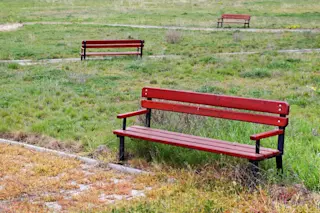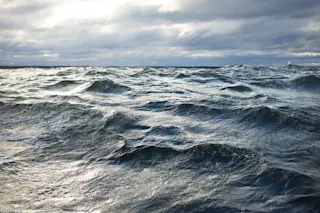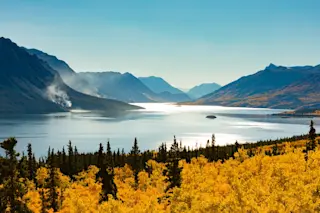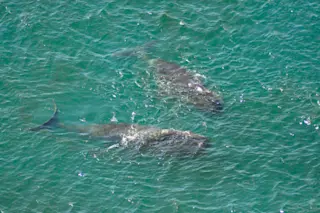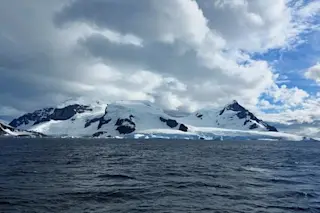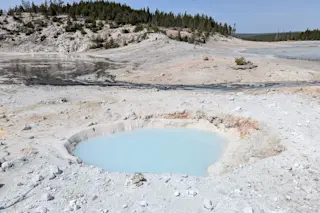Given the mounting toll of fouled oceans, overheated air, missing topsoil and mass extinctions, we might sometimes wonder what our planet would be like if humans suddenly disappeared. Would Superfund sites revert to Gardens of Eden? Would the seas again fill with fish? Would our concrete cities crumble to dust from the force of tree roots, water and weeds? How long would it take for our traces to vanish? And if we could answer such questions, would we be more in awe of the changes we have wrought, or of nature’s resilience?
A good place to start searching for answers is in Korea, in the 155-mile-long, 2.5-mile-wide mountainous Demilitarized Zone, or DMZ, set up by the armistice ending the Korean War. Aside from rare military patrols or desperate souls fleeing North Korea, humans have barely set foot in the strip since 1953. Before that, for 5,000 years, the area was ...


